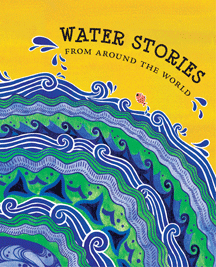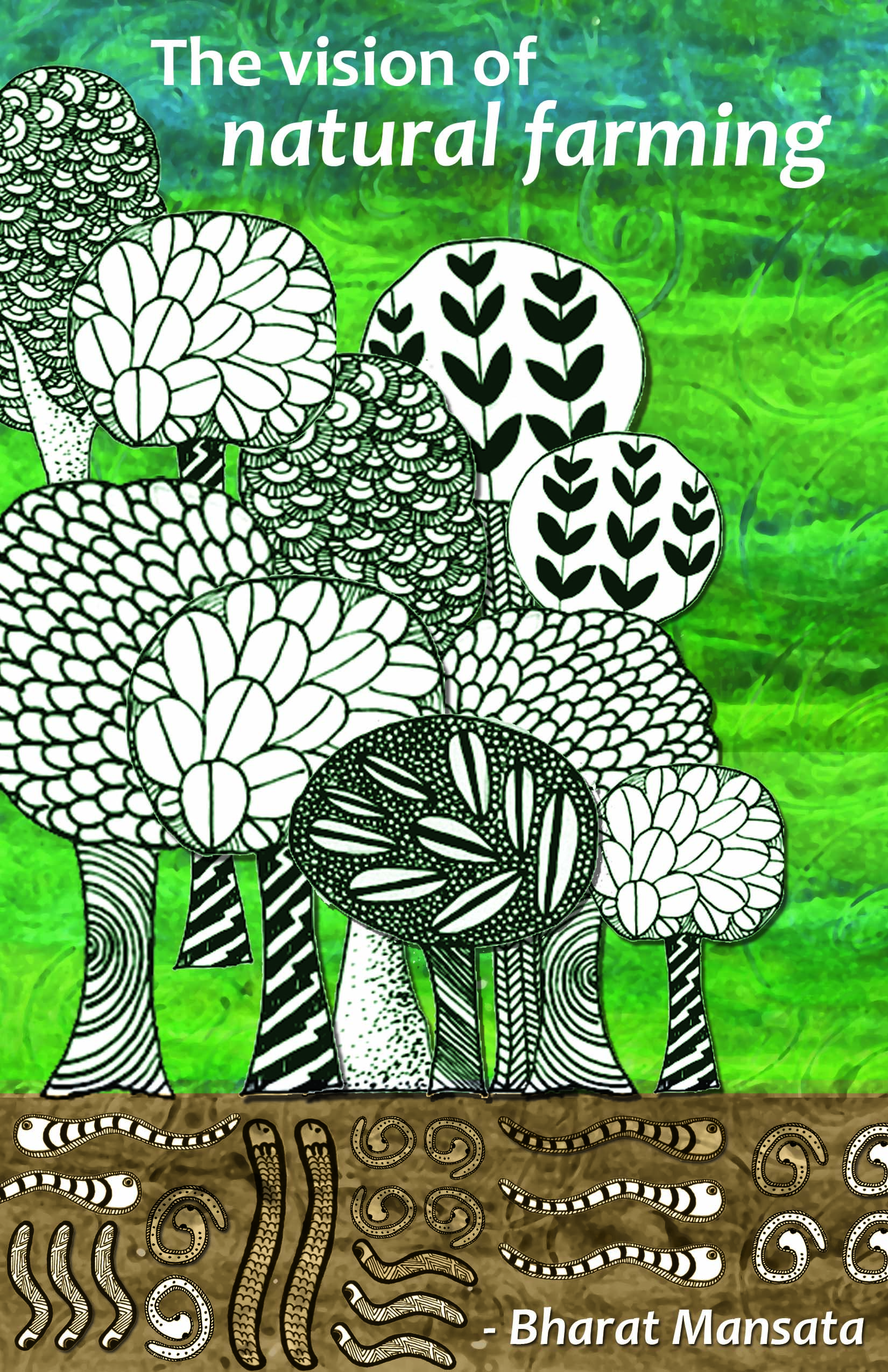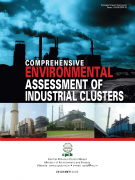Books and Book Reviews
Water stories from around the world - A book from Tulika Publishers
Posted on 22 Oct, 2010 01:03 PM
We invite you to read and reflect on these stories. Teachers have expressed interest in using these stories in the classroom as a teaching resource.
Successful innovations in solid waste management systems: Examples from five local bodies in Tamil Nadu
Posted on 28 Sep, 2010 11:32 AMThis booklet about the work of Exnora Green Pammal (EGP), produced by UNICEF and published by the Government of Tamil Nadu, illustrates examples of the implementation and impact of solid waste management innovations in five localities in Tamil Nadu. The solid waste management systems in these localities are widely regarded as successes that deserve replication.This document has been produced to inspire and enable more local body authorities to emulate such successes in other parts of the country.
Improving solid waste management services in India is an urgent challenge for all levels of the government. Littering and the indiscriminate disposal of solid waste are widely practiced, polluting India's air, water, soil and inhabitants. Such pollution impedes India's efforts to achieve the Millennium Development Goals (MDG).The nation's measures to combat malaria and other diseases (MDG 6), reduce child mortality (MDG 4), and ensure environmental sustainability (MDG 7) are all hampered by the unsightly and unhygienic conditions created by the accumulation of waste.
Good water supply and sanitation is a major input for good health of population - India Health Report 2010
Posted on 27 Sep, 2010 12:49 PM Last week saw the publication by BS Books of the India Health Report 2010 (henceforth referred to as IHR10), edited (and mostly written) by Ajay Mahal, Bibek Debroy and Laveesh Bhandari. For anyone interested in India’s health status, access to health care and medicines, emerging health problems, the infrastructure of health services, medical ethics, health-care financing, government programmes and regulations and key issues in health sector reform, this 138-page report is an excellent introduction-cum-survey. Here I provide a highly selective summary to whet the appetite of readers to peruse the full report.
Last week saw the publication by BS Books of the India Health Report 2010 (henceforth referred to as IHR10), edited (and mostly written) by Ajay Mahal, Bibek Debroy and Laveesh Bhandari. For anyone interested in India’s health status, access to health care and medicines, emerging health problems, the infrastructure of health services, medical ethics, health-care financing, government programmes and regulations and key issues in health sector reform, this 138-page report is an excellent introduction-cum-survey. Here I provide a highly selective summary to whet the appetite of readers to peruse the full report.
"The Vision of Natural Farming" - Book by Bharat Mansata, 2010
Posted on 15 Sep, 2010 03:31 PM
“It is only by mixed organic farming in harmony with Nature that India can sustainably provide abundant wholesome food, and meet every basic need of all – to live in health, dignity and peace.” Bhaskar Save
Seeds of Hope – Agriculture and Food Security - A Lokayan and Planning Commission study
Posted on 05 Sep, 2010 10:37 PMThis set of case studies is a part of a book prepared by Lokayan in collaboration with the Planning Commission titled “Seeds of Hope", covering themes of agriculture, biodiversity, education, forestry, governance, health, movements and water. The case studies related to agriculture and food security are summarised below:
Water for All - An educational booklet by Utthan
Posted on 25 Aug, 2010 10:32 AMThis document is an educational booklet on water management, published by Utthan, which works towards empowering women's groups to seek clean and adequate quality of water for all.
The booklet provides background information on water as an important natural resource and the importance of protecting and maintaining the quality and quantity of this natural resource.
The details have been explained in a manner that is simple and understandable and include illustrations that are self explanatory and easy to follow.
The booklet is divided into the following sections:
48% industrial clusters in India are critically polluted: CPCB
Posted on 10 Aug, 2010 11:38 PM A Comprehensive Environmental Pollution Index (CEPI) is a very useful tool to capture the health dimensions of the environment including air, water and land. The CEPI is intended to act as an early warning tool and can help in categorising the industrial clusters/areas in terms of priority of planning needs for interventions.
A Comprehensive Environmental Pollution Index (CEPI) is a very useful tool to capture the health dimensions of the environment including air, water and land. The CEPI is intended to act as an early warning tool and can help in categorising the industrial clusters/areas in terms of priority of planning needs for interventions.
This report by the Central Pollution and Control Board (CPCB) presents the results of the application of the CEPI to selected industrial clusters or areas.
The main objective of the study was to identify polluted industrial clusters or areas in order to take concerted action and to centrally monitor them at the national level. This was in order to improve the current status of environmental components such as air and water quality data, ecological damage, and visual environmental conditions.
Economics of River Flows - A book by Dr.Bharat Jhunjhunwala
Posted on 09 Aug, 2010 06:06 PMThis book is essential reading for economists, power sector officials, power generation companies and environmentalists alike.
Dr.Bharat Jhunjhumwala holds a BSc degree in physics, chemistry and mathematics. He earned his PhD in food and Resource Economics from University of Florida at a tender age of 23 years. He joined Indian institute of management, Bangalore as Assistant professor immediately thereafter. He lived in a slum for two years to understand poverty and organized the Trade Union at IIM during the Emergency. He resigned from the IIM and became a consultant to donor agencies like Swiss Development Cooperation, Oxfam, Care, Overseas Development Institute and others mainly on rural development and watershed issues. He writes a column on economic issues for about 50 newspapers in india. He lives on the banks of River Alaknanda in uttarakhand on the feet of Lord Badri Vishal.
Step by step: Achieving sustainable sanitation - Lessons from civil society experiences - A report by Arghyam
Posted on 29 Jul, 2010 02:19 AMSeveral concerns were raised during the discussions on the the manner in which the Total Sanitation Campaign (TSC) was being implemented, followed by identification of steps that were needed to ensure social, technical, institutional, financial and environmental sustainability of the programme.
The discussions revealed that:
- The TSC indeed led to the mainstreaming of sanitation in India. However, more emphasis was placed on hardware targets, while social mobilisation had been largely ignored. Thus, inspite of increase in the coverage of toilets, their usage and sustainability had remained low.
